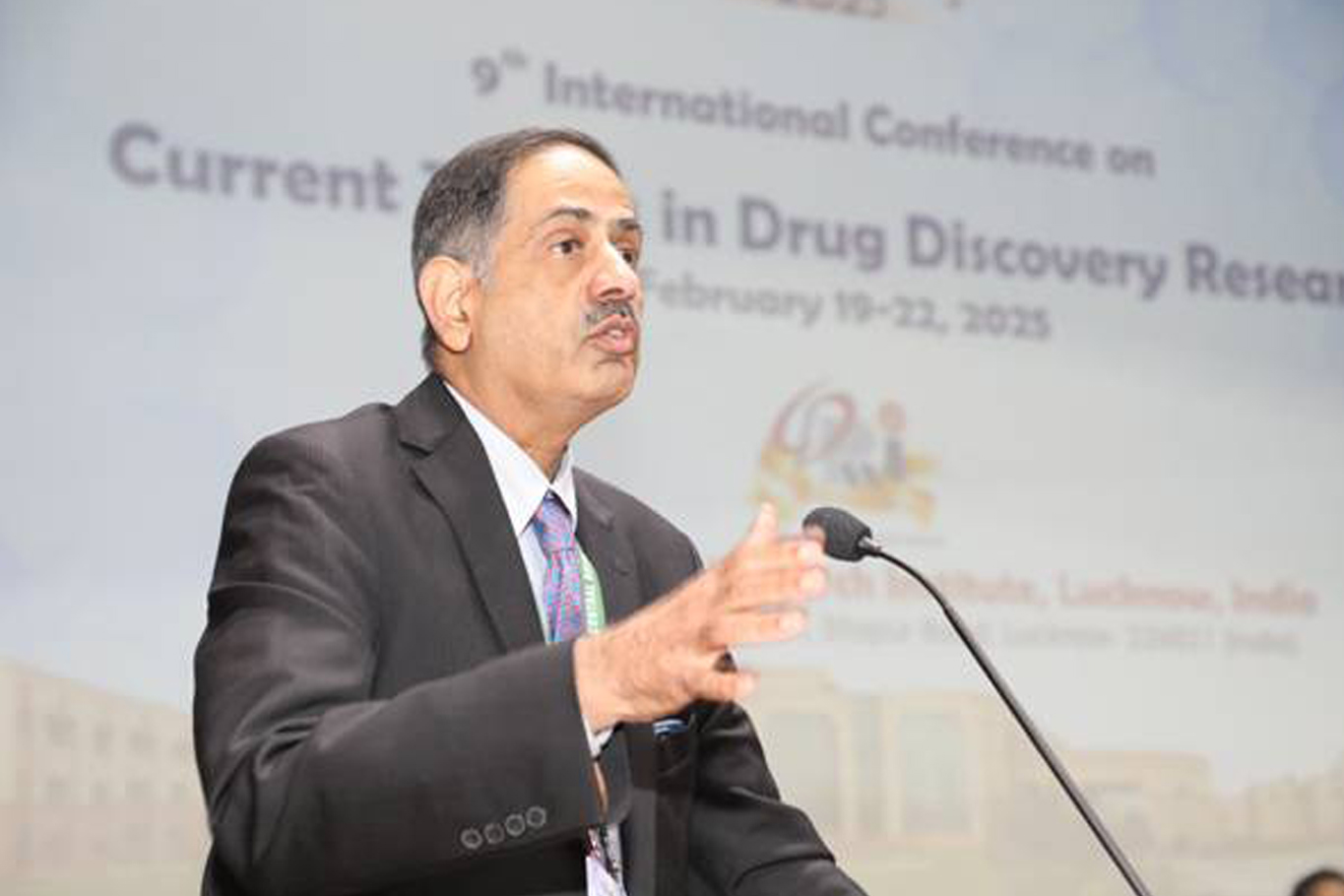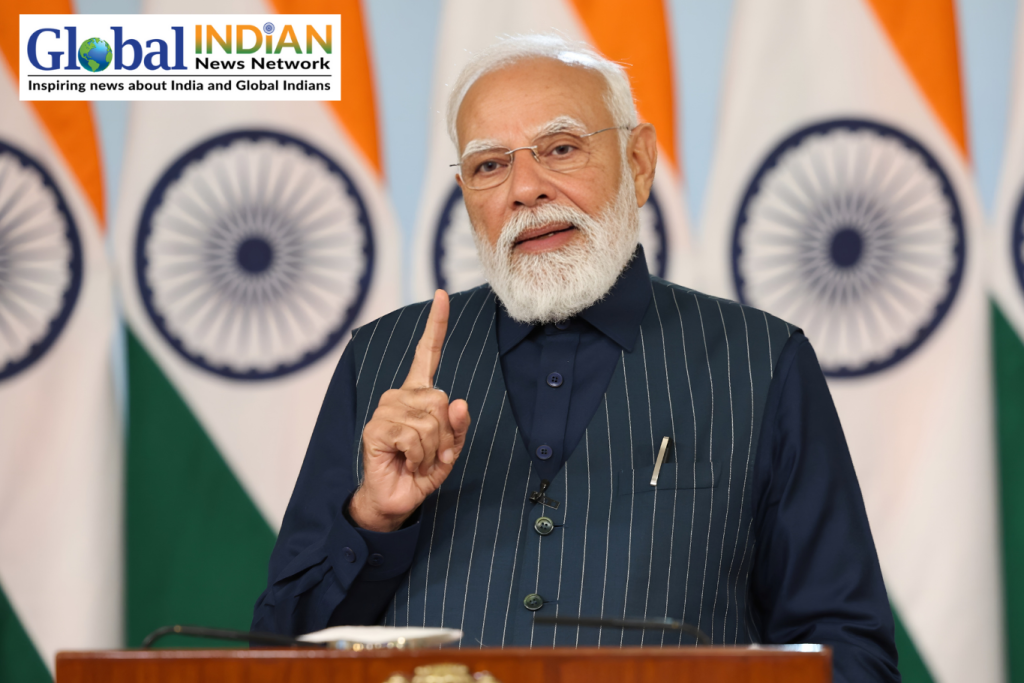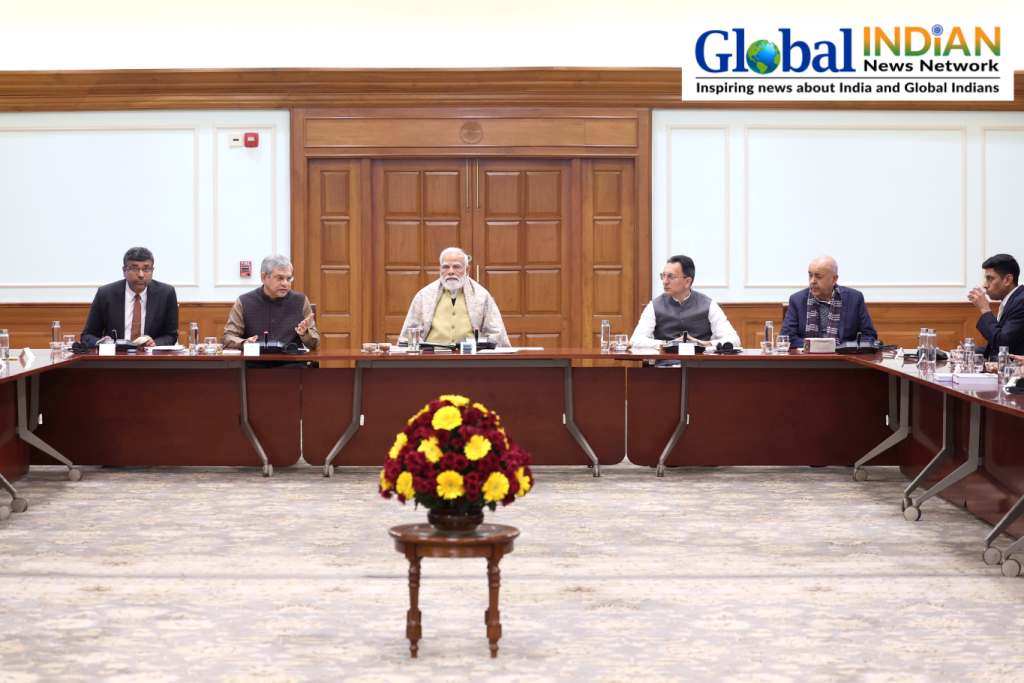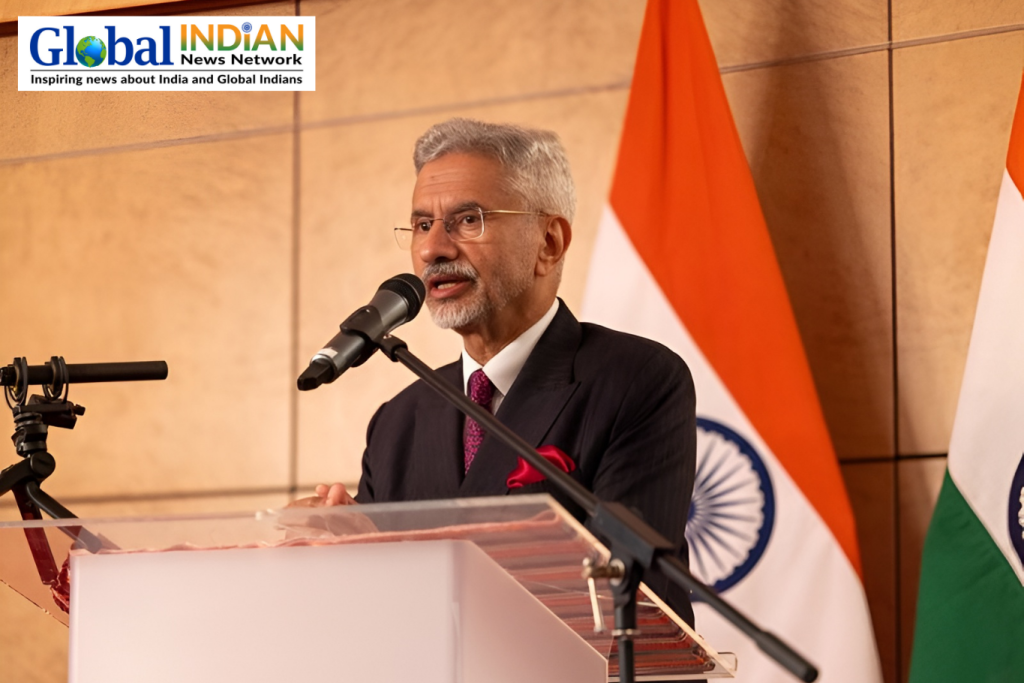
The integration of Quantum Computing and Artificial Intelligence (AI) is set to revolutionize drug discovery in India, significantly enhancing the country’s position as a global leader in pharmaceutical advancements, according to Dr. Balram Bhargava, Former Director General of the Indian Council of Medical Research (ICMR).
Dr. Bhargava made these remarks while addressing the 9th International Symposium on Current Trends in Drug Discovery Research at the CSIR-Central Drug Research Institute (CDRI) in Lucknow.
Highlighting India’s rich heritage in chemistry, he emphasized that this foundational strength has already made the country a key player in the pharmaceutical industry. “India’s strength in drug discovery stems from its deep-rooted expertise in chemistry, which has positioned it as a global hub for pharmaceutical innovations,” said Dr. Bhargava, who currently serves as the Dean and Senior Consultant at Holy Family Hospital, New Delhi.
He stressed that the integration of advanced technologies like Quantum Computing and AI will further accelerate drug research, reduce costs, and open new avenues for breakthroughs in medicine. “The application of these cutting-edge technologies is set to bring a paradigm shift in the way drugs are discovered, making the process faster and more cost-effective,” he added.
Dr. Bhargava also acknowledged India’s consistent ability to manufacture high-quality, affordable medicines, ensuring access to healthcare across the globe. However, he pointed out that critical challenges remain, particularly in the availability of Active Pharmaceutical Ingredients (APIs) and the urgent need for **new drug discoveries** to address emerging health threats.
Calling for stronger collaborations in the pharmaceutical sector, he emphasized the importance of partnerships similar to those witnessed in the development of vaccines. “Collaboration is key to India’s pharmaceutical success. We need to foster stronger research partnerships to drive innovation and tackle challenges in drug discovery,” he said.
Additionally, he underlined the importance of market shaping, ensuring that newly developed innovations reach the masses efficiently while maintaining India’s position as a leader in cost-effective healthcare solutions. “Market shaping is as crucial as innovation itself. It ensures that groundbreaking discoveries translate into accessible and affordable healthcare for the people,” he noted.
Presence of Global Experts and Key Discussions
The symposium, which focused on new strategies in synthetic and medicinal chemistry, brought together leading experts from India and abroad. Among the prominent international speakers were researchers from the University of Florida and the University of Minnesota (USA) who discussed significant advancements in pain management strategies and the pressing need to develop new antimicrobial agents with novel mechanisms.
Meanwhile, Dr. Arindam Talukdar from CSIR-Indian Institute of Chemical Biology (IICB), Kolkata, presented his research on agonism-antagonism stimulation in TLR7 modulators. His findings shed light on how complex interactions between chemical subunits** influence the modulation of Toll-like receptor 7 (TLR7), an endosomal TLR protein that plays a crucial role in the body’s ability to detect and combat viruses and bacteria.
The symposium provided a valuable platform for scientists, researchers, and industry professionals to exchange ideas and explore new approaches in drug discovery, paving the way for future advancements in the field.










